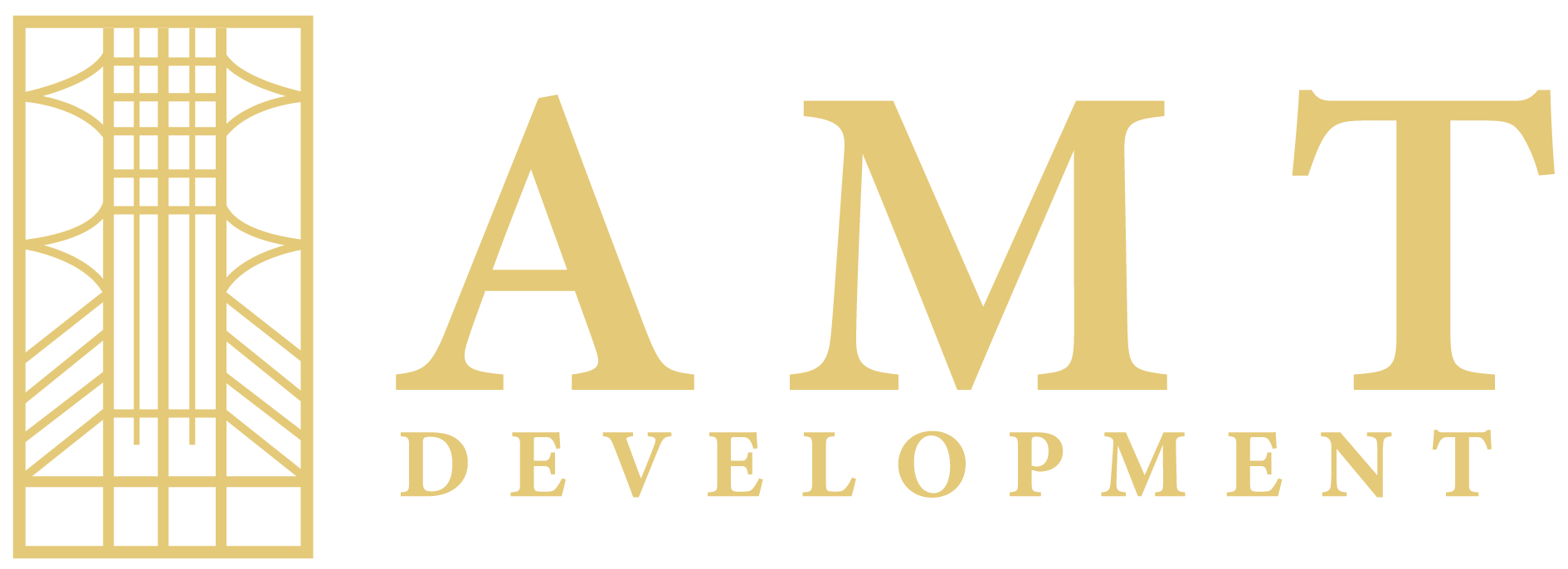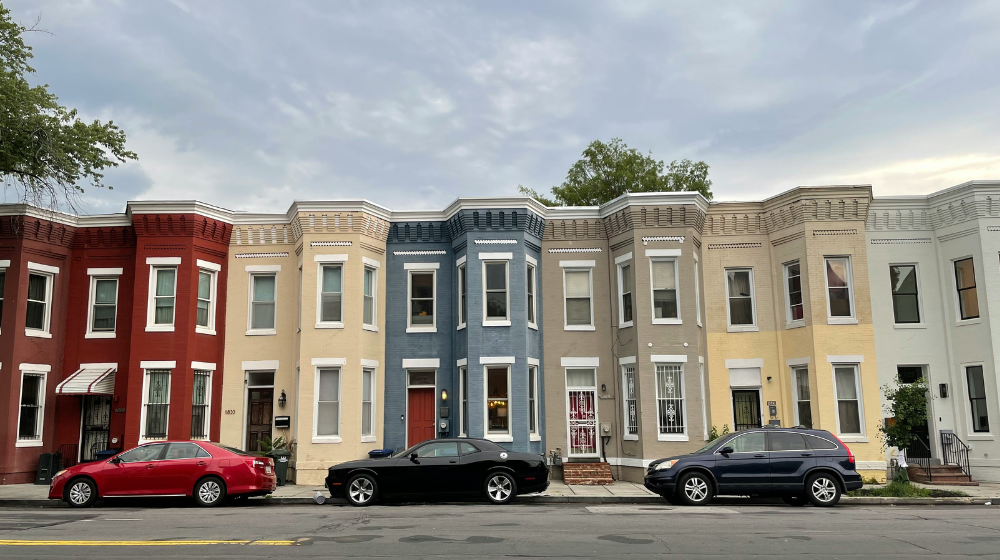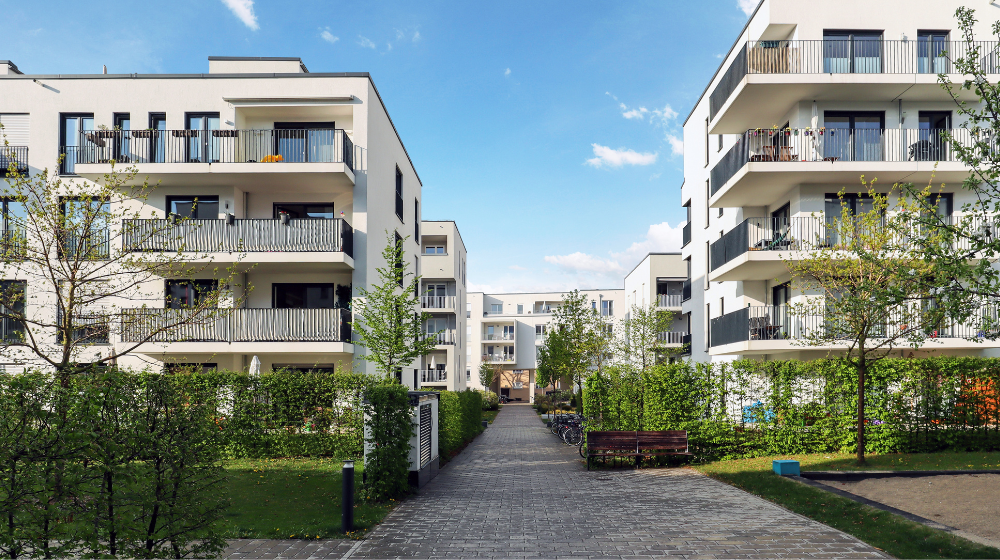Navigating Zoning Regulations: A Guide for Multifamily Developers and Passive Investors
November 12, 2024
Zoning regulations are a crucial part of real estate development, dictating what types of buildings can be constructed and where. In Washington, DC, navigating these regulations can be complex, but understanding them is key to a successful multifamily project. For passive investors, it’s important to know how zoning impacts the timeline, cost, and potential returns of a development project. Let’s break down the essentials of zoning regulations in DC and what you, as a passive investor, should know when considering an investment.
Understanding DC’s Zoning Code
1. The Role of Zoning in Multifamily Development
-
- Washington, DC’s zoning code determines the type of buildings allowed in specific areas, including regulations on height, density, and land use. Multifamily projects often require specific zoning categories, like RA (Residential Apartment) zones, which allow for higher-density housing.
- Passive Investor Insight: Delays or challenges in zoning approvals can impact project timelines. By investing with a developer who has a strong track record of navigating local zoning, you reduce the risk of extended project delays.
2. Inclusionary Zoning and Affordable Housing Requirements
-
- The DC government has implemented Inclusionary Zoning (IZ) laws to encourage the development of affordable housing. Projects in certain zones must include a percentage of affordable units, which can influence design and cost considerations.
- Passive Investor Insight: While affordable housing requirements may slightly lower the overall rental income, they often come with incentives like tax breaks or increased allowable density, which can boost overall returns for investors.
3. Entitlement Process and Its Impact on Investment
-
- The entitlement process involves getting the necessary permits and approvals before a project can begin. This can be time-consuming, but experienced developers know how to navigate the system efficiently.
- Passive Investor Insight: Investing with a developer who has a proven track record in securing entitlements can mitigate risk and help ensure the project stays on schedule, leading to quicker returns.
How Passive Investors Can Benefit from Expert Zoning Knowledge
As a passive investor, you won’t be involved in the day-to-day complexities of zoning, but the success of your investment depends on it. Here’s why partnering with a knowledgeable developer like AMT Development is beneficial:
- Reduced Risk: Our team’s expertise in local zoning minimizes the risk of unexpected project delays.
- Maximized Returns: By utilizing zoning incentives and optimizing project design, we can enhance the value of the investment.
- Transparency: We keep our investors informed about the entitlement process, so you know exactly where your project stands.
Understanding zoning regulations is vital for any multifamily development project in Washington, DC. As a passive investor, aligning with a developer who excels in this area can provide peace of mind and potentially higher returns on your investment.
Want to learn more about how we navigate zoning regulations to deliver successful projects? Reach out to us today to explore our current investment opportunities.



